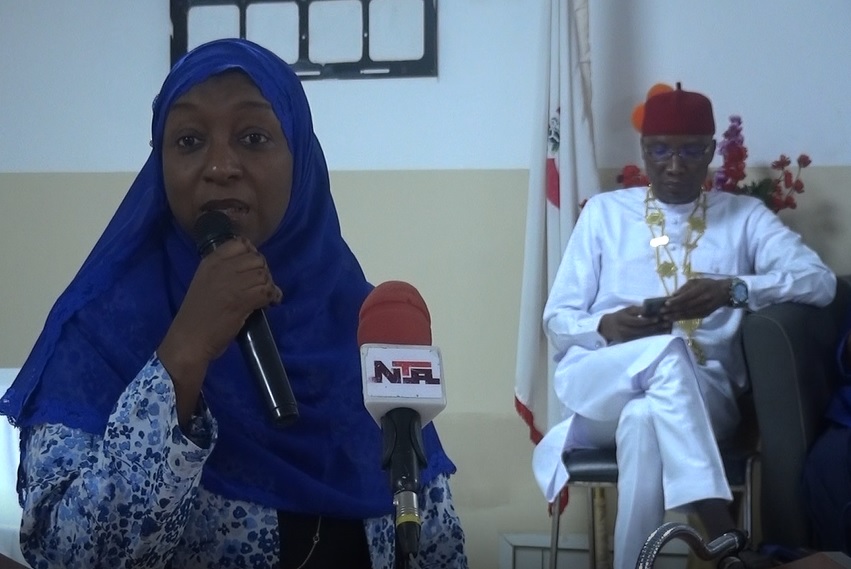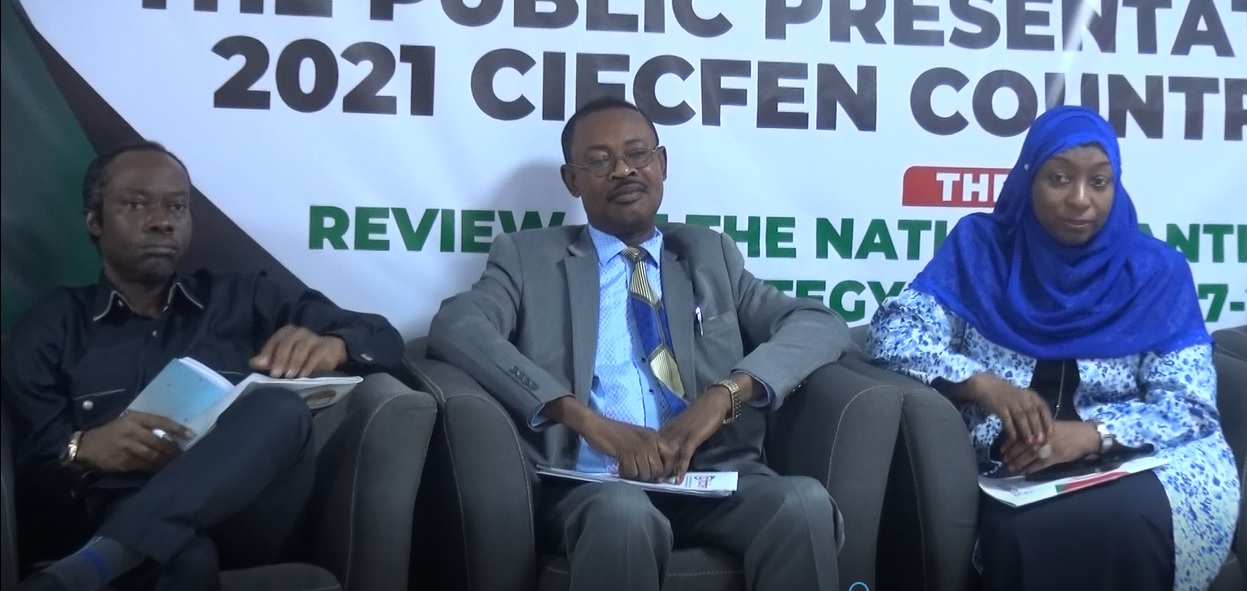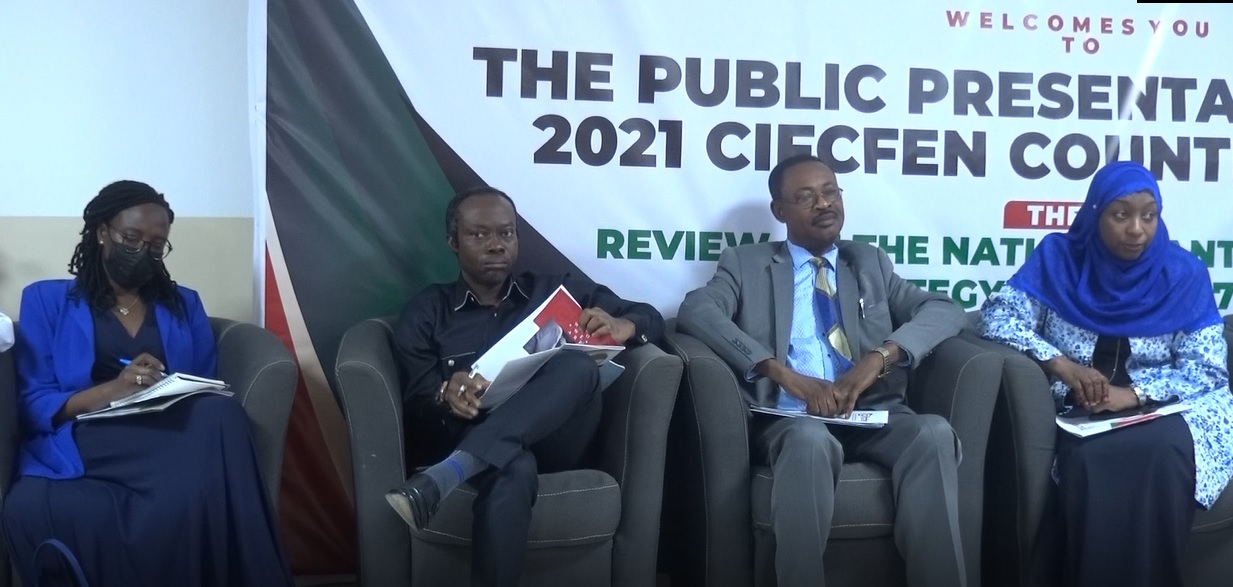The Chairman of the Economic and Financial Crimes Commission (EFCC), Abdulrasheed Bawa, has called on all Anti-corruption Agencies in Nigeria to key into the implementation of the National Anti-corruption Strategy, NACS.
He made the call on Thursday, 23 June, 2022 at the Public Presentation of the 2021 Chartered Institute of Forensics and Certified Fraud Examiners of Nigeria, CIFCFEN, Country Report at the EFCC Academy, Karu, Abuja.

Bawa says that, since the NACS represents one of the cardinal points of President Mohammadu Buhari administration’s resolve to combat corruption in Nigeria, there is need for frequent reviews to identify and tackle any gap in the fight against corruption.
The EFCC Chairman, who spoke through his Chief of Staff, Hadiza Gamawa, re-iterated the commitment of the Commission to the full implementation of NACS. “… It’s gladdening to note that the EFCC has launched its own strategic plan as an institution that is anchored on the five pillars of the National Anti-Corruption Strategy . Every anti- corruption agency is supposed to key into this project. Every agency needs to develop its own institutional strategic plan that will be anchored on the NACS, in order to achieve the national goal and that is what we have done”, he said.

Bawa also commended the cooperation between the National Assembly and the office of the Attorney General of the Federation, regarding the development and transmission of the NACS to the President for assent.
Professor S. A. S Aruwa, in his review of the report on NACS, identified five pillars of the NACS and called for rigorous public enlightenment to sensitize the general public on the existence and provisions of NACS in order to achieve public ownership of the strategy and commit Nigerians to its successful implementation.
Still on the review of NACS, President/Chairman, Chartered Institute of Forensics and Certified Fraud Examiners, CIFCFEN, Dr Ilyasu Gashinbaki, said the institute was the first non- state actor that has taken time to review the NACS. “We are going to continue the processes of collecting data with the view of making the report more robust on a continuous basis”, he said.


